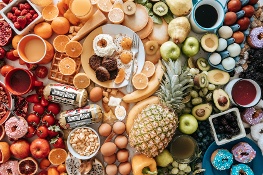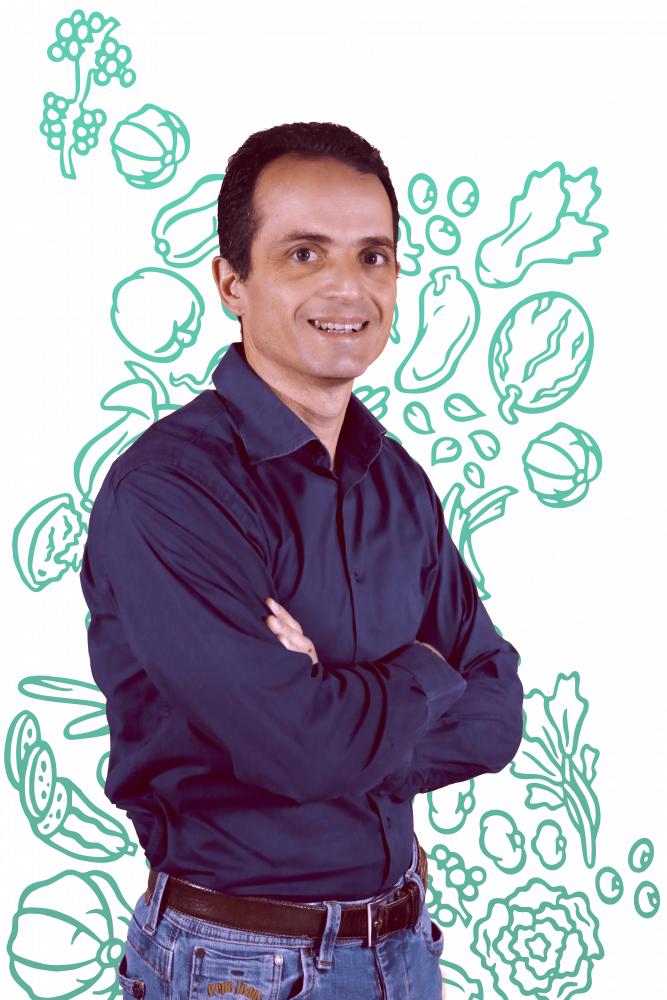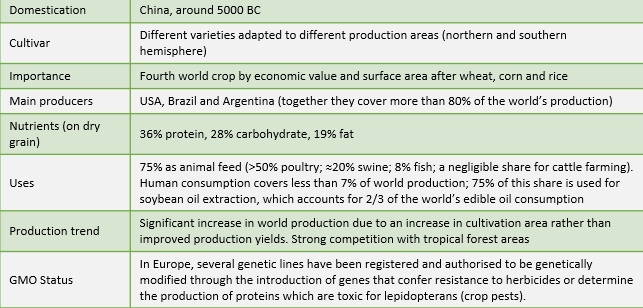Palm oil export ban sparks concern over global food prices
Experts says every country will suffer as world’s biggest palm oil producer bans exports of...
Thank you for visiting us!
This website does not completely support on Internet Explorer. Please use another browser.
Apologies for inconvenience

Soy plantations have developed a bad name as they are one of the main causes of deforestation, but 80% of soy is produced to feed farm animals. More recently an understanding of the connection between soybean crops and deforestation has changed the awareness of soy-based products. Looking after the environment is, in fact, one of the main catalysts behind the purchase of vegan products. Recent studies have shown that less than 6% of the world’s soybean production is used for food directly intended for human consumption. As plant-based products become more and more popular we look into the latest trends in this market.

We interviewed Eduardo Napolitano, R&D Manager at Atlante, who illustrated the properties of soy and explained the direction research is heading in.

"When we talk about “alternative proteins” we immediately think of things other than animal proteins. We are living through a transition, where different protein sources are actively competing to offer possible “alternatives” to meat/eggs/milk/fish. It is an extremely diverse world, with several traditional and newly developed meat alternatives available. The vegetable protein that has been established since the beginning is soy*.
The enormous success of soybeans is due to several factors:
Increasing consumer awareness of environmental and social sustainability issues has prompted the food industry to diversify its vegetable protein offerings.
Pea, chickpea and broad bean proteins are emerging. On some markets, they are joined by mycoproteins (proteins from unicellular fungi).
Yellow pea, a high-protein variety, is emerging as a leader in the non-soybean legume group. It is grown primarily in the northern hemisphere and no GMO crops have been recorded. Pea protein is not considered an allergen and has several functional characteristics that equate it to soybeans (extrusion performance, viscosity, emulsifying power, hydrophilicity). Since pea grain does not contain fat in significant quantities, the extraction of proteins is carried out with techniques that do not use solvents (mechanical separation, separation by washing).
The growing success of foods that use protein from “minor vegetables” will determine their progressive improvement, through the selection of the most suitable cultivars in terms of palatability and the reduction of anti-nutritional factors. At the same time, the food and distribution industries will be able to develop recipes, technologies and ingredients able to tackle the world’s issue of protein hunger.”

This article first appeared on Atlantesrl.it
Experts says every country will suffer as world’s biggest palm oil producer bans exports of...
Supermarket boss says only alternative would be ‘to clear our freezers and shelves of a wide range...
Waitrose and Morrisons have begun rationing the number of cooking oil bottles customers can buy...